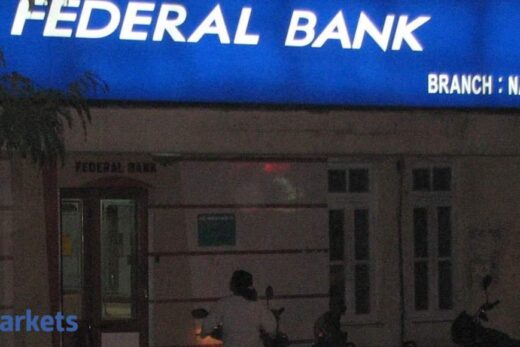Then, something changed. They played three matches in 1990 and, as if by a stroke of luck, Agassi won all the three (two matches in straight sets). In 1991, they played two more games and Agassi again won both. During their careers, they faced each other on 14 occasions. Becker won only four matches, just one more after three wins by 1989. Agassi clocked 10 wins. Seriously, mate, what happened?
Agassi later revealed in an interview that he kept watching a tape of Becker’s service and noticed a tell. Just as Becker was about to serve, he would stick his tongue out — in the middle of his lips if he was serving up the middle and to the left if he was serving wide.
Having discovered Becker’s tell was only half the victory. Resisting the temptation of reading his serve for the majority of the match and choosing the moment when he could use that information to break the game open was harder for Agassi.
The learning is simple: if you are predictable, people learn to hack you. Markets teach us the same, if we are listening.
Let’s take the banking sector, for example. Between December 2007 and March 2020 (12 years), the Bank Nifty nearly doubled despite the Covid-induced market correction. In comparison, the Nifty only rose a meek 40 per cent. Still, Bank Nifty outperforming the Nifty was only the side-story.
The lead story is what led to that Bank Nifty’s stellar performance. Kotak’s stock price tripled and that of HDFC Bank quadrupled. In December 2007, the combined weight of HDFC Bank (HDFCB) and Kotak Mahindra Bank (KMB) was just 24 per cent, whereas that of ICICI Bank (ICICIBC) and State Bank (SBIN) combined was 51 per cent.
During the same period (Dec ’07 to Mar ’20), ICICIBC rose just 40 per cent and SBIN fell 10 per cent. Strong asset quality controls catapulted HDFCB and KMB to pole position, while others fumbled. That led to two things.
One, weights of “clean” banks increased dramatically: HDFCB and KMB rose to 44 per cent by March 2020, and that of ICICBC and SBIN fell to 30 per cent, i.e., delta of a whopping 21 per cent. Second, and more importantly, many market participants subconsciously formed an opinion that what has happened in the past would continue — that is, HDFCB + KMB would keep gaining share. Just because these banks were run better, markets would keep rewarding them with higher valuations, the thought.
 ETMarkets.com
ETMarkets.comWhat transpired was the exact opposite. Between March 2020 and now, the Bank Nifty has doubled again, but the composition is entirely different.
HDFCB and KMB have underperformed the index by 50 per cent, whereas ICICIBC and SBIN have outperformed by broadly the same quantum. Consequently, HDFCB + KMB weight has fallen to 38 per cent, and ICICBC and SBIN are quickly catching up with 36 per cent. While they gave up 21 percentage points of share over 12 years, they have quickly regained 5 percentage points over just the last year and few months.
Getting back to tennis, Agassi knew very well that if Becker found out that the tell was made, the advantage would be lost. He could have exploited Becker’s every serve and decimated him, but the risk wasn’t worth it.
A long-term win mindset does involve letting go of short-term gains. It is the same with markets.
While “experts” often suggest that great companies are always great investments, historically, it hasn’t stood the test of time. The past may be a decent guide to the future, but events that have not happened in the past are happening all the time now. Let data, and not heuristics, speak louder for your investment decisions.
(The author, Jigar Mistry is co-founder of Buoyant Capital. Views are his own.)



